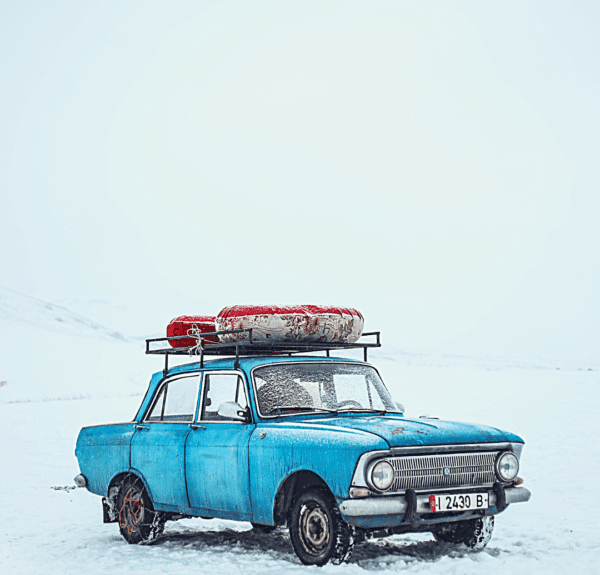Road safety week 2022 is taking place from November 14th-20th. This year’s theme is ‘safe roads for all,’ a sentiment that is always important, but particularly so in winter. The bottom line is cars need extra care in the winter to keep them running smoothly and safely.
Here are the key things for motorists to consider this winter.
Winter car care
Tyres
As the weather turns, wet and snowy conditions can be a nightmare for maintaining traction, so checking the tread on your tyres is vital. An easy way to check your tyre tread depth is the old 20p coin trick, which you probably already know! If your tyres aren’t up to scratch, make sure you get them replaced before you go on any journeys.
Fluid levels
Make sure you check all your fluid levels and ensure your anti-freeze is topped up at the correct concentration, before the colder temperatures arrive.
It is also important to check your engine oil. Winter appropriate motor oils are indicated by a W in their SAE rating – they flow more freely in cold weather due to their lower viscosity, keeping your engine happy and keeping you on the move.

Battery care
There’s a chance that over the winter, your car may be left standing for longer than usual. If you leave your car for too long without giving it a run, you could find yourself with a flat battery – especially if you have an older vehicle. If your car is going into storage in the winter, it may be wise to invest in a battery conditioner to keep the charge up whilst it’s not being driven. The best way to avoid a flat battery is giving your car a longer drive when you can, to give it a fair chance to charge itself up. This is better than lots of small journeys with the heater, headlights and radio blasting which can end up doing more harm than good for your battery.
Emergency kit
Rapidly changing winter weather conditions can find you stuck on the motorway or broken down with little to no warning – taking the time to pop an emergency kit in your boot can save your morale, and maybe even your life should this happen to you.
A good emergency kit for the winter should include a blanket, some long-life snacks (such as cereal bars), a small can of fuel, jump leads, and some water at a minimum. High-vis vests or jackets and torches are a good idea too. If you’re driving abroad, there might be other items you’re legally required to carry, so be sure to check.

